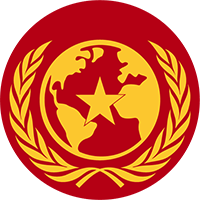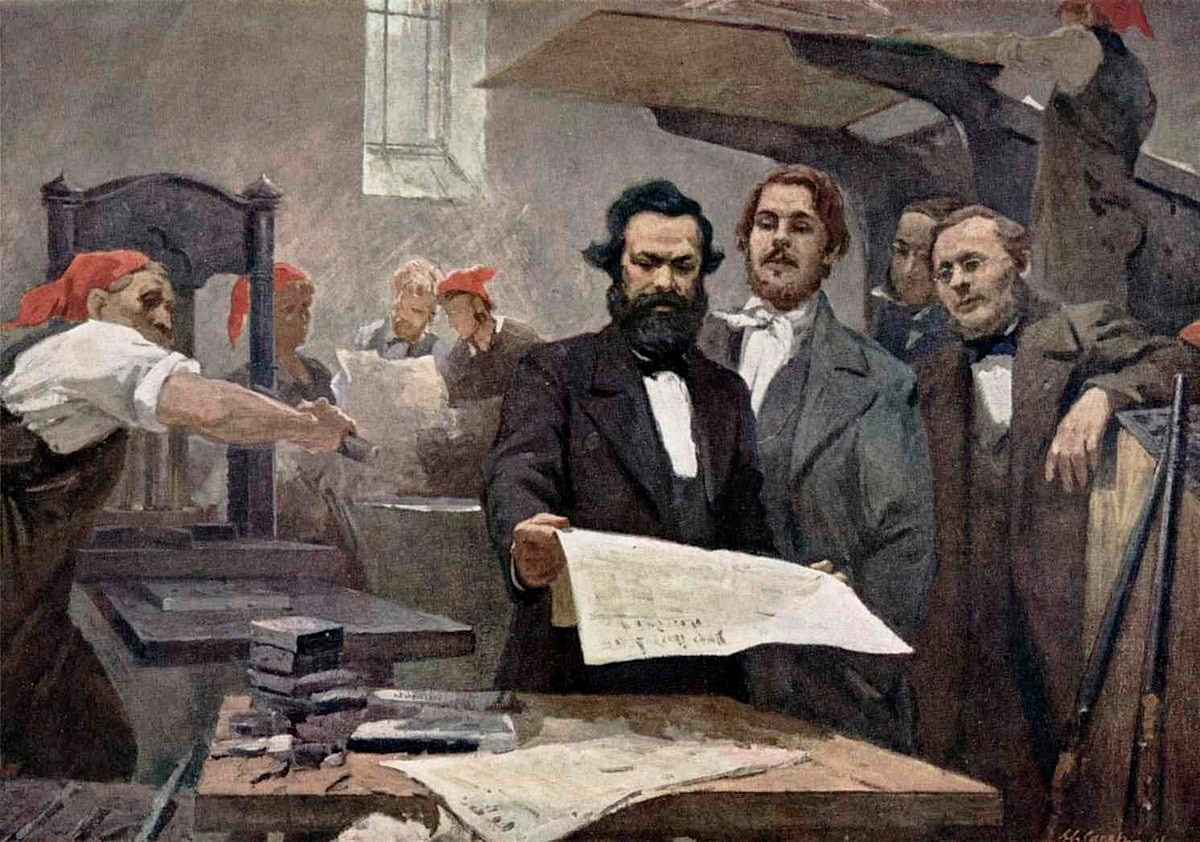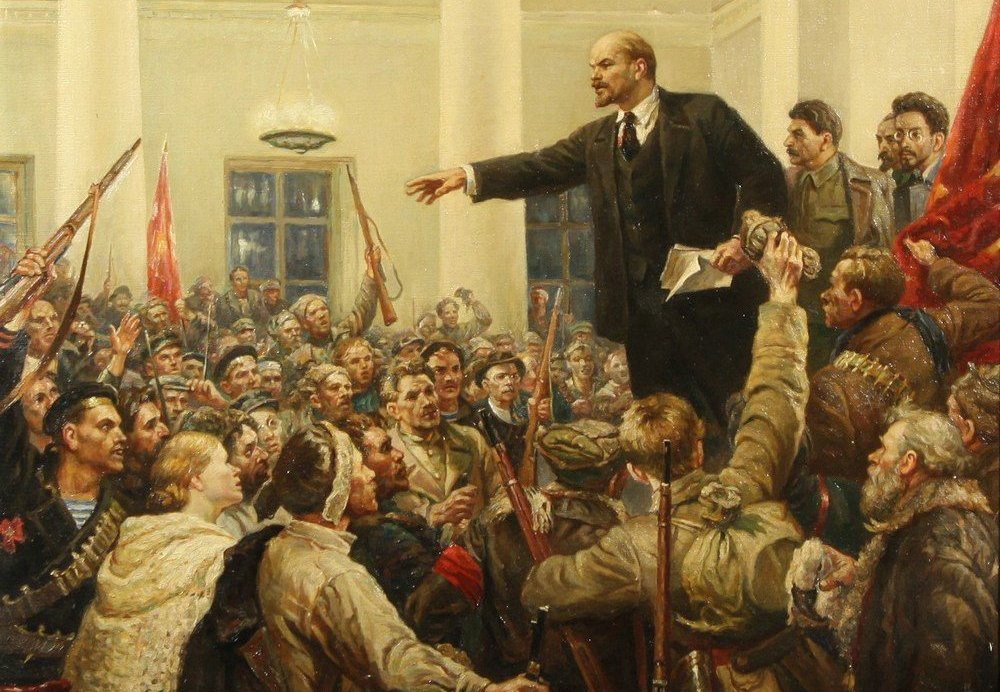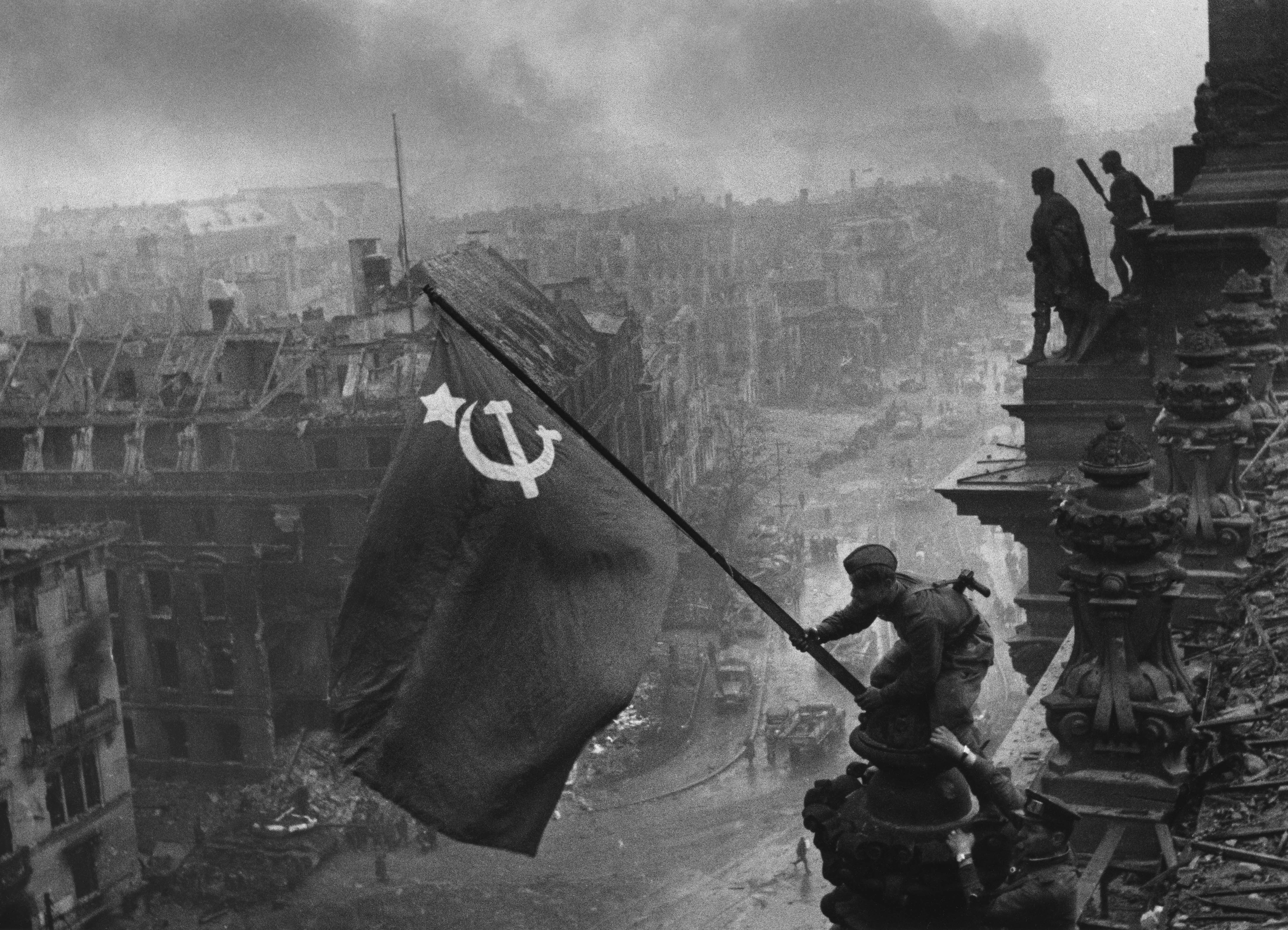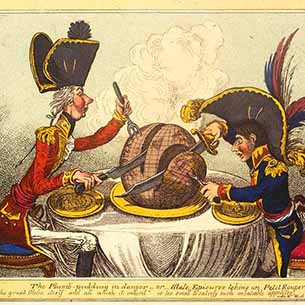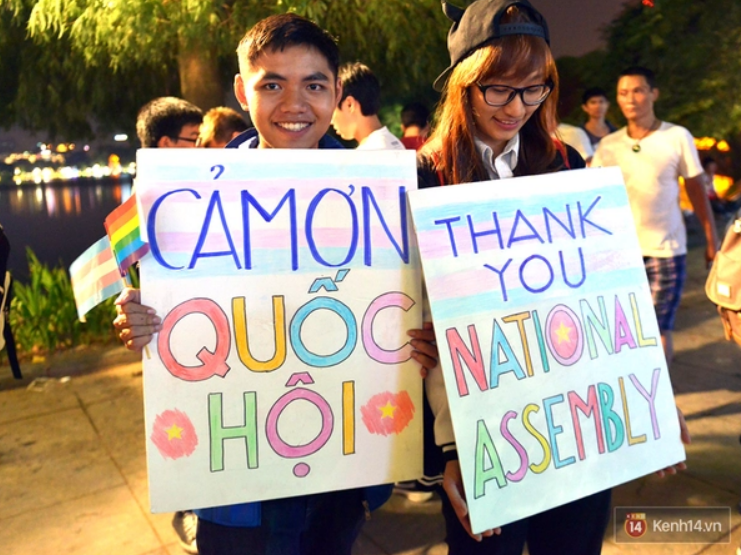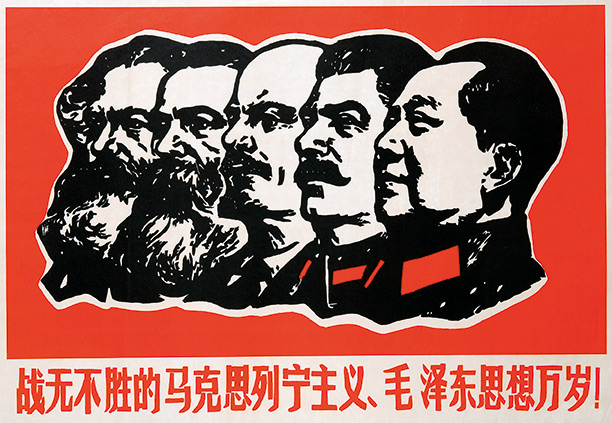More languages
More actions
No edit summary |
No edit summary |
||
| Line 35: | Line 35: | ||
namespace=Library | namespace=Library | ||
uses=Template:Library work | uses=Template:Library work | ||
notcategory=Reading lists | notcategory=Reading lists|Song lyrics|Video Transcripts|Library works by Enver Hoxha|Works for archival | ||
includesubpages=false | includesubpages=false | ||
noresultsheader=Something went wrong! | noresultsheader=Something went wrong! | ||
Revision as of 23:58, 13 September 2024
| Author | Nia Frome |
|---|---|
| First published | 2020-12-29 |
| Type | Thread |
22 November
- We don't have anything yet on this day, maybe soon! Why not read a random page?
This article is missing sources. Please do not take all information in this article uncritically, since it may be incorrect. |
Chairman Mao Zedong 毛泽东 | |
|---|---|
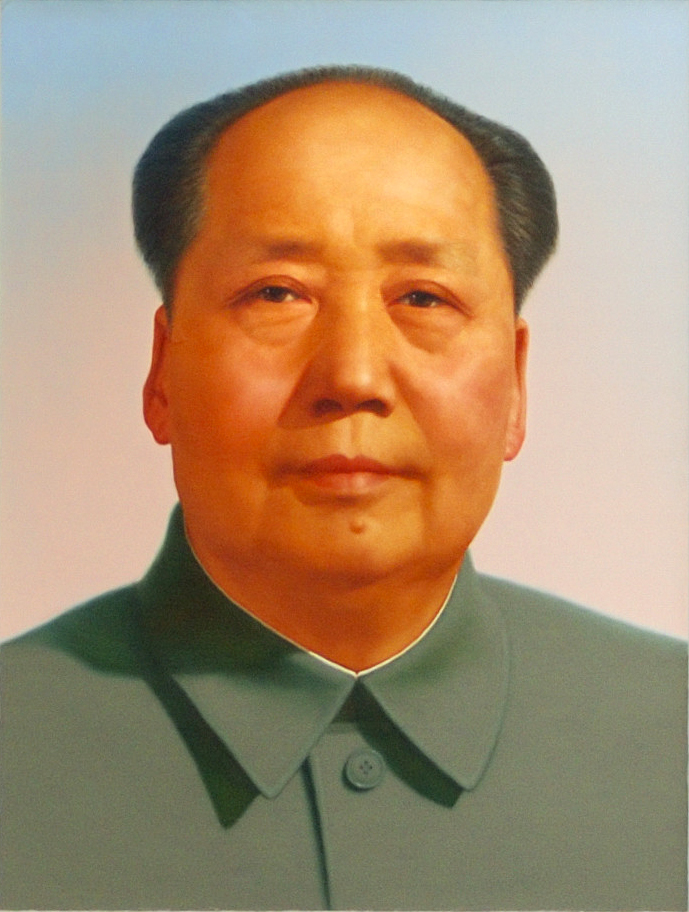 Portrait of comrade Mao | |
| Born | 26 December 1893 Shaoshan, Hunan, Qing dynasty |
| Died | 9, September, 1976 (aged 82) Beijing, People's Republic of China |
| Cause of death | Heart attack associated with old age |
| Nationality | Chinese |
| Political orientation | Marxism–Leninism (developed what is now known as Mao Zedong Thought) Anti-imperialism |
| Political party | Communist Party of China |
Mao Zedong (December 26th, 1893 — September 9th, 1976) was a Chinese Marxist–Leninist revolutionary who led the Chinese people to their proletarian revolution and served as the supreme leader of the People's Republic of China from 1949 to 1976. Under Mao's leadership, China's life expectancy increased from 35 to 65 years and industrial production increased by an average of 11% annually.[1] Per capita food production increased by 60% and total food production increased by over 169%.[2]
Mao's contributions to the development of Marxism-Leninism, military theory, and the theory of communist party organization are known in China as Mao Zedong Thought. Mao Zedong was also a poet and calligrapher.
← Back to all essays | Author's essays On drug use
by Forte
Published: 2020-11-20 (last update: 2024-11-22)
1-5 minutes
The primitive communists used consciousness-transforming substances collectively, following their hunter-gatherer lifestyle. Mushrooms, plants and other substances were all experimented collectively.
Our perspectives on drug abuse today are metaphysical, backward and reactionary: we treat addiction as phenomena directly caused by substances, not by the material conditions human beings find themselves in.
Read more
Last 7 days (Top 10) |
|||||||||||||||||||||||||||||||||||||||||||||||||||||||||||||||||||||||||||||||||||||||||||
|
|||||||||||||||||||||||||||||||||||||||||||||||||||||||||||||||||||||||||||||||||||||||||||
Lemmy etc
- ↑ M. Meissner (1996). The Deng Xiaoping Era. An Inquiry into the Fate of Chinese Socialism, 1978-1994. Hill and Way.
- ↑ Guo Shutian (2004). Can China Feed Itself? Chinese Scholars on China’s Food Issue: 'China’s Food Supply and Demand Situation and International Trade'. Beijing: Foreign Languages Press.

